Coriander Powder: 10 Surprisingly Spicy Secrets You Never Knew!
Description
Welcome to the ultimate guide on coriander powder—your kitchen’s secret weapon for flavor, aroma, and even a little health magic. Whether you're a pro chef or a weekend warrior in the kitchen, this post will arm you with 10 surprising facts and tips about coriander powder that will change how you cook forever.
Table of Contents
- Introduction
- Why Coriander Powder is More Than Just Flavor
- Top 10 Tips & Tricks for Using Coriander Powder Like a Pro
- Visual Guide: Whole Seeds vs. Ground Powder
- Flavor Pairing Chart
- The Hidden Health Benefits of Coriander Powder
- Myths vs. Facts About Coriander Powder
- How to Store Coriander Powder (and Why It Matters)
- Coriander in Global Cuisines: From India to Mexico
- Conclusion
Introduction: What Even Is Coriander Powder?
If you’ve ever wondered why your curry smells like sunshine and tastes like a hug from your grandma, coriander powder might be the unsung hero behind it all. But here’s the twist—it's not just for Indian food. This humble spice is a global MVP hiding in plain sight.
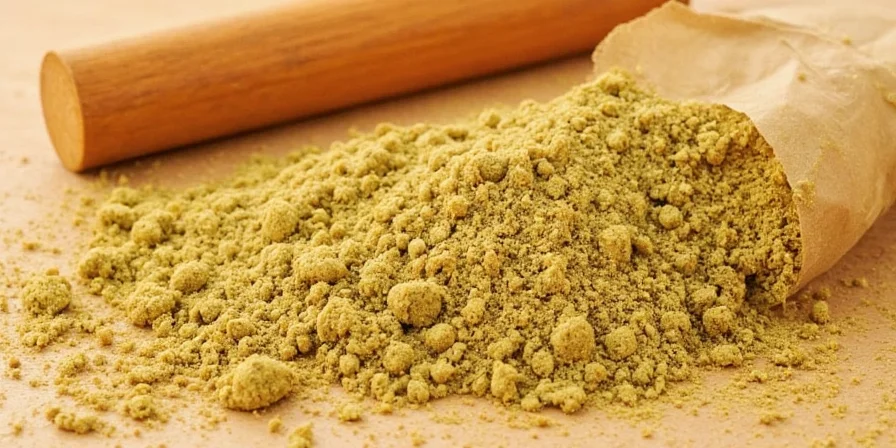
Why Coriander Powder is More Than Just Flavor
Let’s break this down. Coriander isn’t just tasty; it’s got layers. Kind of like an onion, but without the tears. Its earthy, citrusy, slightly sweet profile makes it one of the most versatile spices out there. And yes, science says it has anti-inflammatory and antioxidant properties too. That’s right—spice therapy is a thing.
Top 10 Tips & Tricks for Using Coriander Powder Like a Pro
- Toasting: Lightly toast it before grinding for a richer, deeper flavor.
- Balancing Bitterness: Use it to tone down bitter flavors in dishes like kale or broccoli soup.
- Meat Rubs: Mix with cumin and paprika for a killer BBQ rub.
- Marinades: Boost flavor in chicken, lamb, or tofu marinades.
- Stews & Soups: Add depth to lentil soups, stews, and curries.
- Savory Bakes: Sprinkle into bread dough or savory muffins for a flavor surprise.
- Dressings: A pinch can elevate vinaigrettes and sauces.
- Coffee Substitute: Some cultures use it as a coffee additive for a nutty twist.
- Spice Blends: Essential for garam masala, ras el hanout, and chili powders.
- Drinks: Yes, really! Try it in spiced tea or infused cocktails.
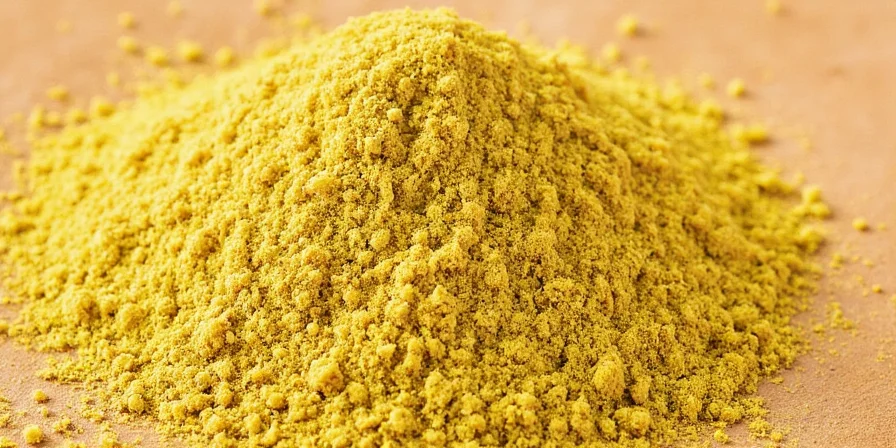
Visual Guide: Whole Seeds vs. Ground Powder
Not all coriander is created equal. Here’s a quick breakdown to help you choose wisely:
| Feature | Whole Seeds | Ground Powder |
|---|---|---|
| Flavor Intensity | Mild, fresh, citrusy | Earthy, warm, complex |
| Best For | Rubbing meats, tempering oils | Cooked dishes, blends, sauces |
| Storage Shelf Life | 6–12 months | 3–6 months |
| Usage Tip | Toast before use | Add early in cooking |
Flavor Pairing Chart
Coriander doesn’t just play well with others—it’s the life of the party. Here’s who it gets along with best:
| Main Dish | Complementary Flavors | Recipe Example |
|---|---|---|
| Chicken Curry | Cumin, turmeric, garlic, ginger | Kerala-style chicken stew |
| Lentil Soup | Cumin, smoked paprika, coconut milk | Coconut dal soup |
| Vegetable Stir-Fry | Fennel, chili, lime zest | Indian-spiced veggie stir-fry |
| Grilled Lamb | Mint, lemon, black pepper | Moroccan lamb skewers |
| Tacos | Chili powder, cumin, avocado | Spiced fish tacos |
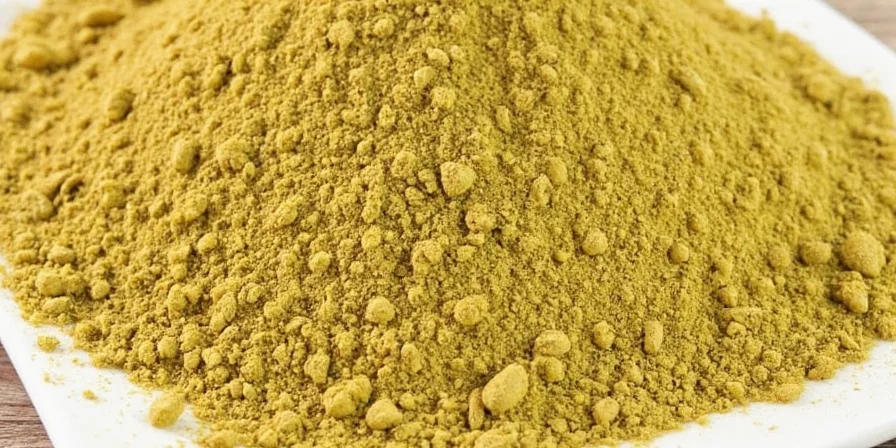
The Hidden Health Benefits of Coriander Powder
You might think coriander is just a flavor bomb, but it’s also a nutrient ninja. Let’s talk health perks:
- Anti-Inflammatory: Contains compounds like linalool that reduce inflammation.
- Antioxidant Powerhouse: Packed with antioxidants to fight free radicals.
- Supports Digestion: Stimulates digestive enzymes and helps relieve bloating.
- Blood Sugar Regulation: Some studies suggest it may help lower blood sugar levels.
- Natural Detoxifier: May aid in removing heavy metals from the body.
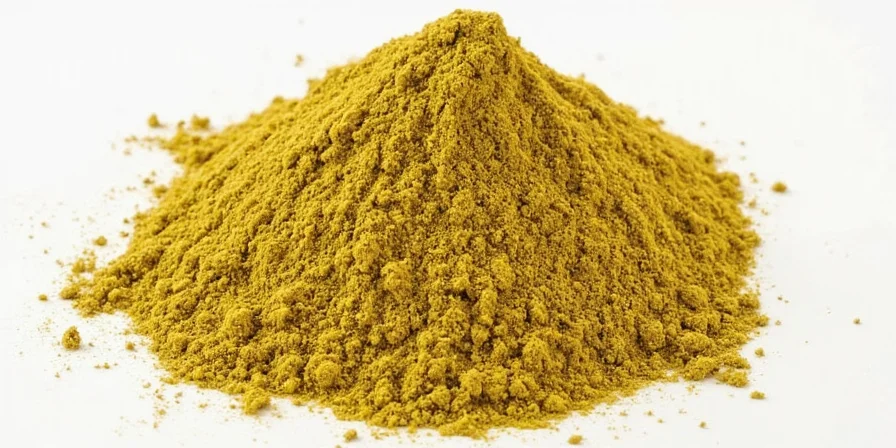
Myths vs. Facts About Coriander Powder
Let’s debunk some common coriander myths and set the record straight:
| Myth | Fact |
|---|---|
| “It tastes soapy.” | That “soap” taste comes from a genetic sensitivity to aldehydes found in cilantro leaves—not the seeds. |
| “All coriander powder is the same.” | Quality varies by origin, freshness, and processing method. |
| “Ground coriander never goes bad.” | Its potency fades over time. Store it properly to preserve flavor. |
| “Coriander and cilantro are the same thing.” | Technically true—but context matters! The leaf is cilantro; the seed is coriander. |
How to Store Coriander Powder (and Why It Matters)
Want your coriander to keep its punch? Treat it right. Here’s how:
- Airtight Containers: Keep it sealed tight—like you’re storing top-secret recipes.
- Dark, Cool Place: Out of sunlight and away from heat sources (no fridge required).
- Label & Date: Mark the purchase date. Spice shelf life matters more than you think.
- Buy in Moderation: Grind small batches for maximum freshness if possible.
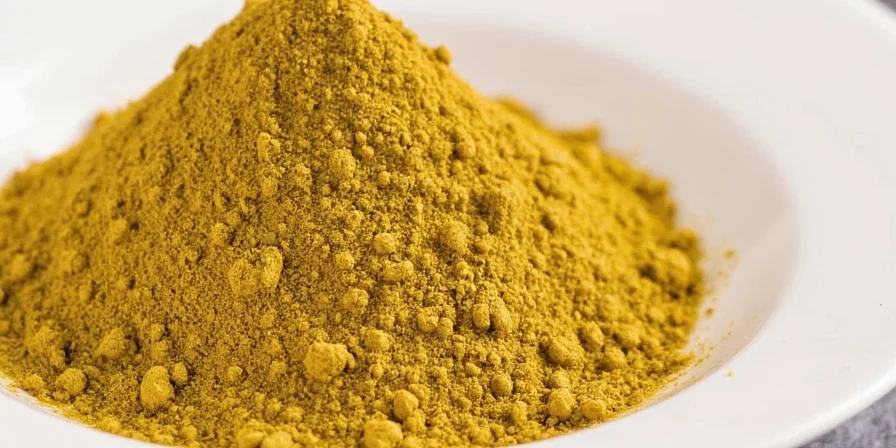
Coriander in Global Cuisines: From India to Mexico
Coriander is the spice that travels. Here’s how it shows up around the world:
- India: Found in nearly every curry, garam masala, and chaat masala blend.
- Mexico: Part of chili powders and taco seasonings—often mixed with cumin and garlic.
- Middle East: Key ingredient in baharat and ras el hanout spice blends.
- North Africa: Adds warmth to tagines and couscous dishes.
- East Asia: Used in Thai and Chinese five-spice blends for depth and balance.
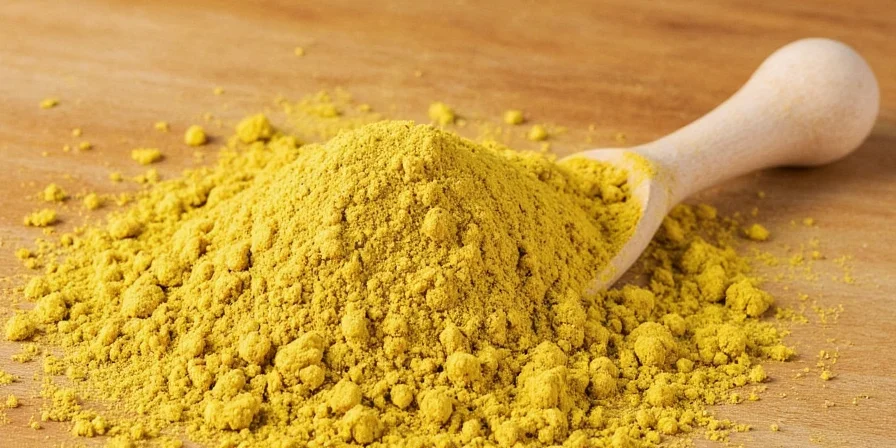
Conclusion: Make Coriander Powder Your Kitchen Bestie
So there you have it—the ultimate lowdown on coriander powder. It’s not just a spice; it’s a lifestyle upgrade. Whether you're looking to boost flavor, improve digestion, or simply impress guests with your spice game, coriander powder has your back.
Now go forth, grind responsibly, and season boldly!

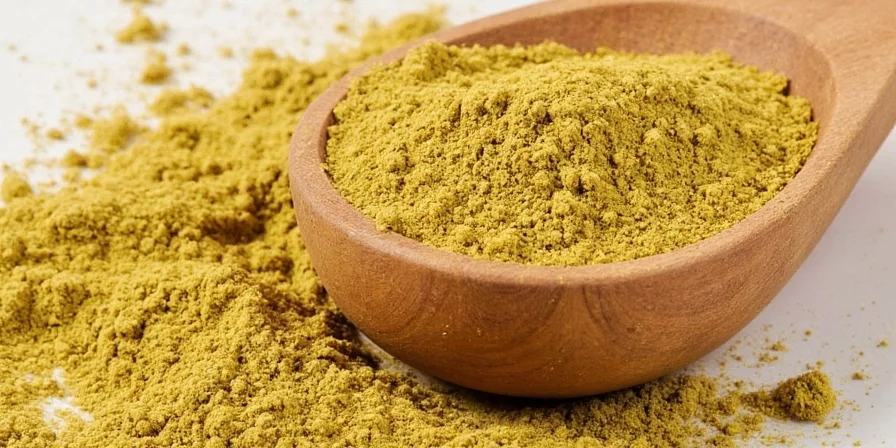









 浙公网安备
33010002000092号
浙公网安备
33010002000092号 浙B2-20120091-4
浙B2-20120091-4